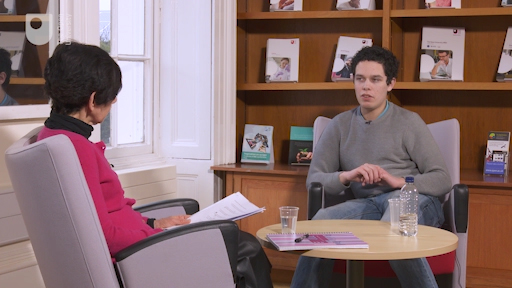2.2 Support for independence
In some areas of the UK, independent living is facilitated by access to funded support. Some adults obtain direct funding for a part-time support worker to help with areas of daily living where they have difficulty, such as self-care or dealing with officialdom. Some NAS adult services are directed towards more able adults, including small social groups that aim to help with the continuing development of social skills. The success of such arrangements depends on the individual case. Melanie’s son Louis lives with his father, with frequent visits and input from Melanie herself, and support from other services:
Louis is on Direct Payments and pays helpers to take him out so this is good. The social worker changes every six or 12 months so there is no continuity and no help to get him moved into independent living. He finally has a local psychiatrist and is on heavy medication to calm him down. [My hope for the future is for Louis to be] independent and safe from eviction or life on the streets after I and his father die. He'll never work. I pray the welfare state will always exist to support him.
Alex lives at home while studying for a degree and working part-time, although he hopes to move into his own place eventually. In this clip he talks about his mentor and also the social group he attends:

